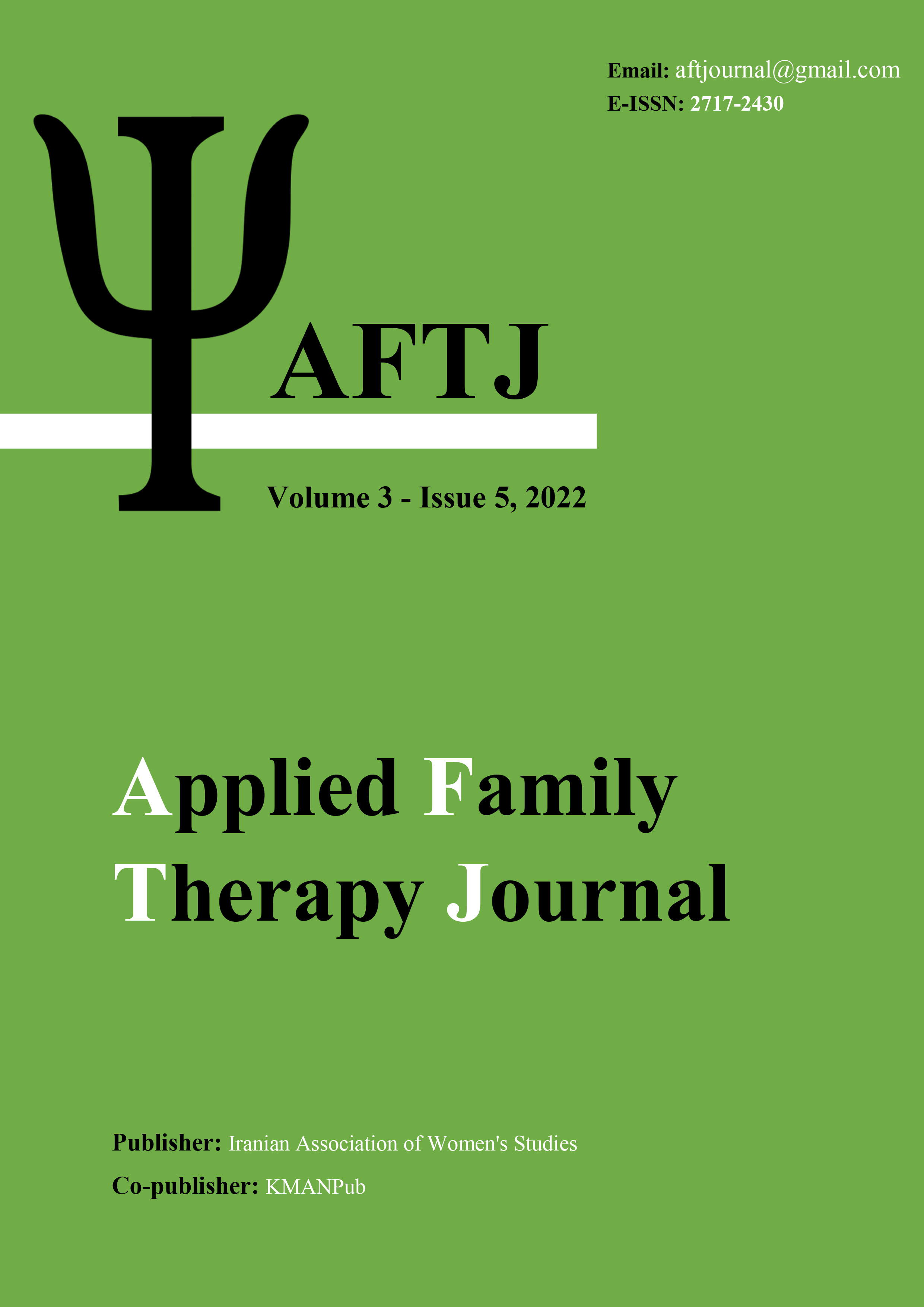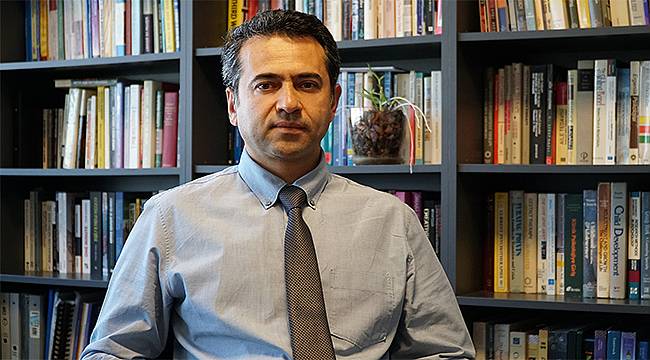The effectiveness of realistic acceptance and commitment therapy (RACT) on distress tolerance and resilience of divorced women
Keywords:
therapy based on realistic acceptance and commitment, distress tolerance, resilience, divorced women.Abstract
Aim: The purpose of this study was to investigate the effectiveness of realistic acceptance and commitment therapy (RACT) on couples' distress tolerance and resilience. Method: The purpose of the present research was applied and its method was quasi-experimental with a pre-test and post-test design with an experimental group and a control group and a two-month follow-up period. The statistical population of the study included all divorced women who referred to private counseling centers in the 9th district of Tehran, 30 people were selected by available sampling and randomly assigned to an experimental group (15 people) and a control group (15 people). Then, a group intervention test based on realistic acceptance and commitment therapy (RACT) was conducted on the group based on the package developed by Afshari et al. (2022). The research tools included Simmons and Gaher (2005) distress tolerance and Connor and Davidson (2003) resilience questionnaire. SPSS-26 software and mixed variance analysis with three-stage repeated measures were used for statistical analysis of data. Results: Based on the findings, there was a significant difference between the stress tolerance and resilience scores of the experimental and control groups in the pre-test, post-test and follow-up stages. The results of the analysis of the findings indicate that the realistic acceptance and commitment therapy (RACT) had a significant effect on the distress tolerance and resilience of the experimental group. The effectiveness of this intervention was stable in the follow-up phase according to the Bonferroni post hoc test. Conclusion: Based on the available findings, it can be concluded that to increase the distress tolerance and resilience of divorced women, the method of treatment based on realistic acceptance and commitment (RACT) can be used in family counseling and couple therapy centers.
Downloads
Downloads
Published
Issue
Section
License

This work is licensed under a Creative Commons Attribution-NonCommercial 4.0 International License.






















